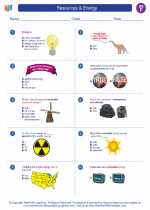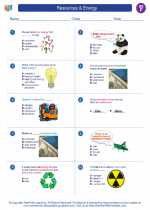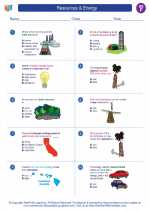Soils
Soil is a natural resource that is essential for all living organisms. It is a complex mixture of organic matter, minerals, gases, liquids, and countless organisms that support life on Earth. Soils are formed through the process of weathering and the accumulation of organic matter over time.
Formation of Soils
Soils are formed through the process of weathering, which involves the breakdown of rocks and minerals into smaller particles. This can occur through physical processes such as freezing and thawing, as well as chemical processes such as the action of acids and other chemicals. Over time, the accumulation of organic matter, such as decaying plant and animal material, further enriches the soil and supports the growth of plants.
Types of Soils
Soils can be classified into different types based on their composition, texture, and properties. The main types of soil include:
- Clay Soil: This type of soil has very small particles and retains water well, but can be easily compacted.
- Silt Soil: Silt soil has medium-sized particles and is fertile, but can be easily eroded.
- Sand Soil: Sand soil has large particles and drains water quickly, but lacks fertility.
- Loam Soil: This type of soil is a mixture of sand, silt, and clay, and is considered ideal for plant growth due to its balance of drainage and fertility.
Importance of Soils
Soils play a crucial role in supporting plant growth, which in turn provides food and resources for humans and other organisms. Soils also contribute to the cycling of nutrients, the purification of water, and the regulation of the Earth's climate. Understanding the properties and characteristics of soils is essential for sustainable agriculture and environmental conservation.
Study Guide
- What is the process through which soils are formed?
- Describe the main types of soils and their properties.
- Explain the importance of soils for supporting life on Earth.
- Discuss the role of soils in sustainable agriculture and environmental conservation.
[Soils] Related Worksheets and Study Guides:
.◂Social Studies Worksheets and Study Guides Sixth Grade. Resources & Energy

 Worksheet/Answer key
Worksheet/Answer key
 Worksheet/Answer key
Worksheet/Answer key
 Worksheet/Answer key
Worksheet/Answer key
